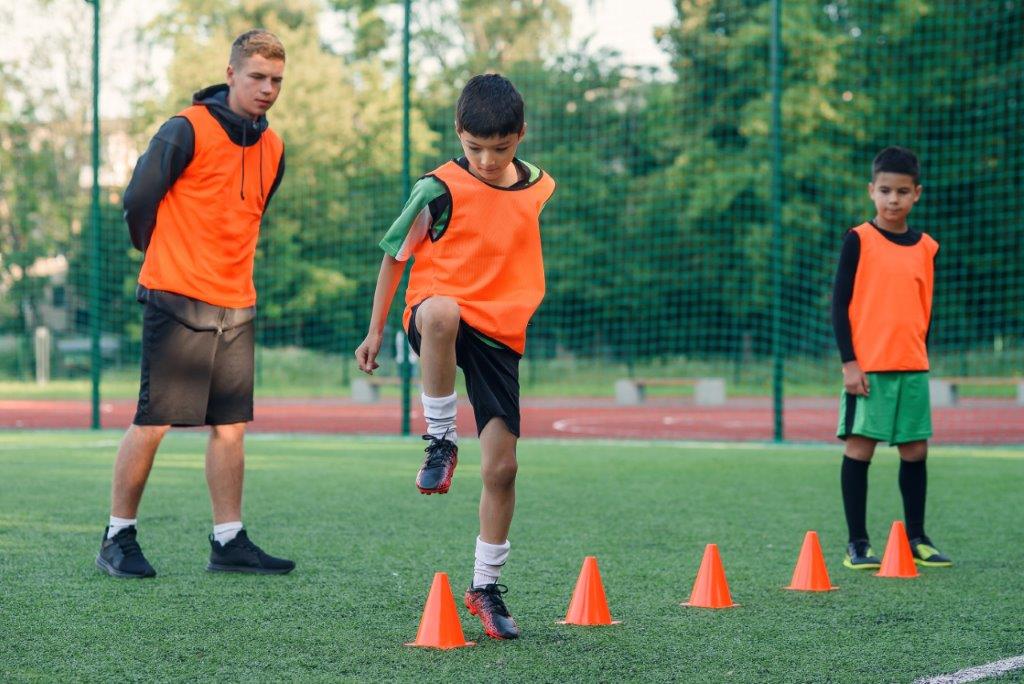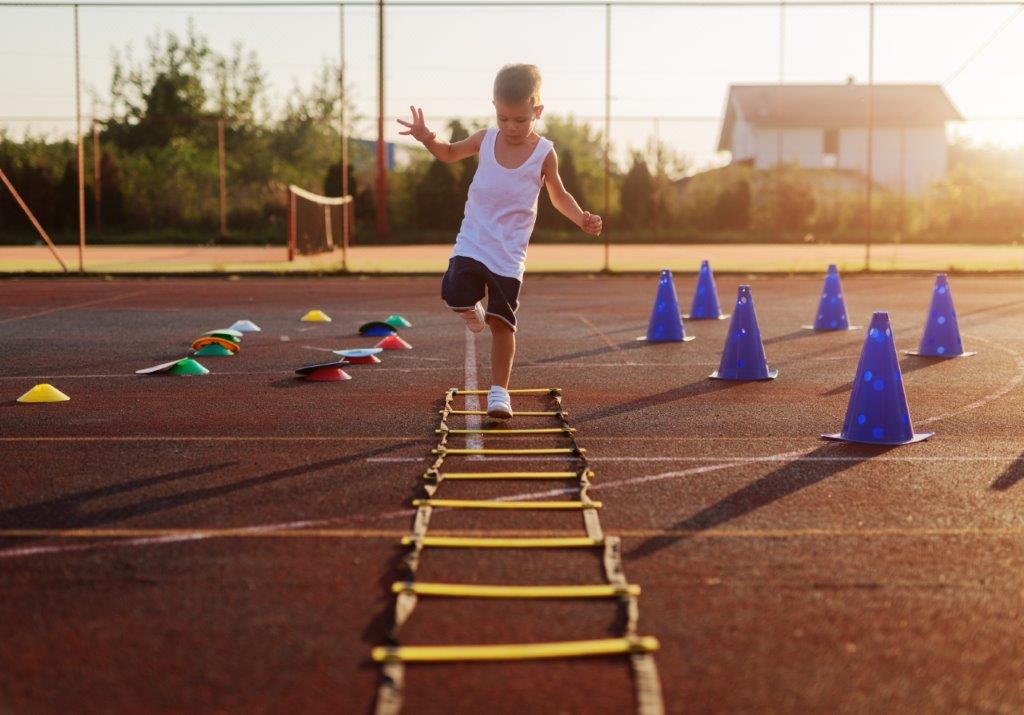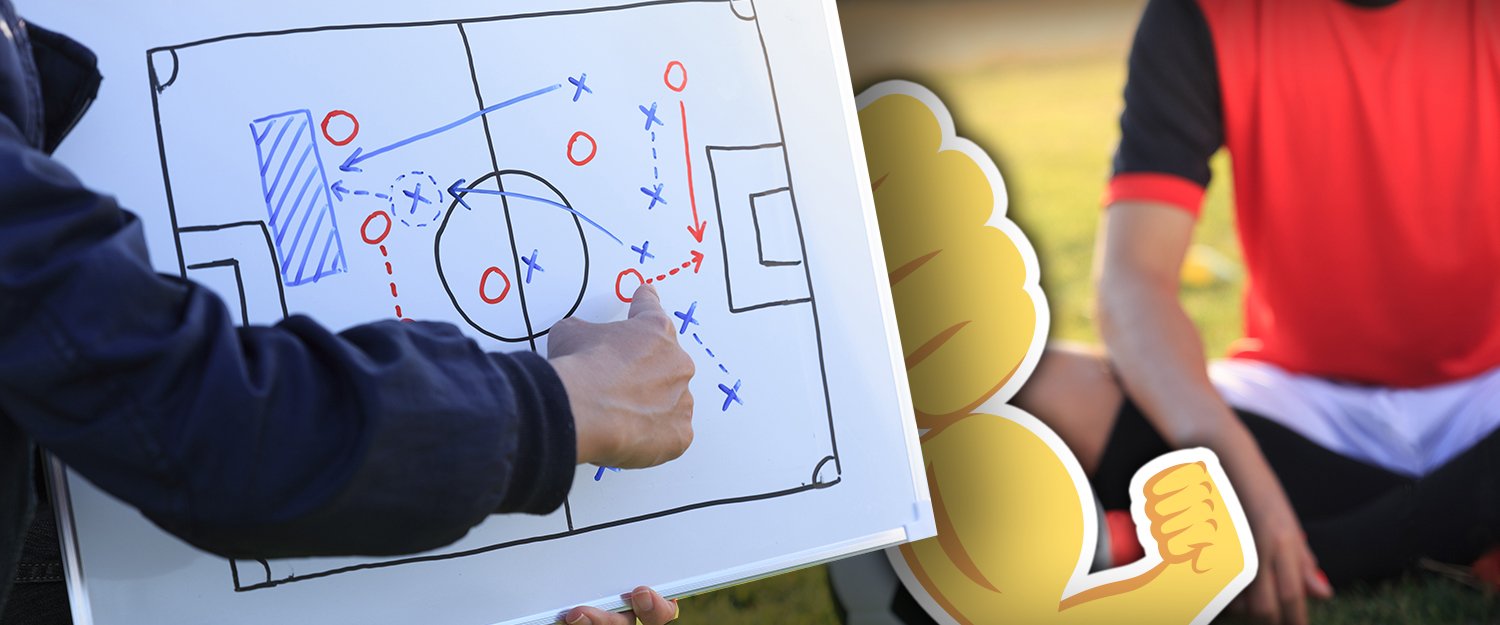Sending Your Kids To Soccer Practice: When to Start?
Starting early is critical in football. A lot of parents are wondering when they should start sending their children to soccer practice. When is the right moment for their children to take the field for the first time?
Baby Steps
When it comes to children’s bodies and physical activities, extreme caution should be used. Because their bodies are constantly growing, any stressful activity can stymie their physical development. That is why you must exercise extreme caution when sending your children to soccer practice.
Experts agree that children should begin playing football when they are between the ages of three and five. But give things time to develop. Don’t take them to the pitch when they’re only 3 or 4 years old. Begin playing with them in your own space or backyard. They will gain physical strength over time, and their bodies will be ready for a more committed level of football. Remember, they’re still babies, so treat them as such.

Physical Progress is Key!
There are specific skill sets that children must develop before they can play football. When a child reaches the age of three or four, they begin to run and kick things all over the place. As a result, this is regarded as the ideal age for a child to begin playing football. However, each child is distinct from the others.
Before you start small soccer activities with your three-year-old, check to see if he or she has developed the fundamental skills of running, jumping, and so on. Having all of these insights eliminates any possibility of negative effects of physical activity on your child’s health and growth.
Another school of thought holds that kids should not begin playing football until they are 10 years old. This is a lengthy period, but keeping the positives in mind, your child’s growth and health come first.
The Right Equipment
To begin teaching your small child soccer skills, you must use equipment that is specifically designed for their size. For example, using a ball size 3 that is appropriate for the child’s small feet will make learning ball control much easier.
Similarly, learning football will be more convenient for your child if the environment and equipment are specifically tailored to their needs. It will also bring them more joy, and they will continue to enjoy the beautiful game.
Along with the equipment, the dimensions of the playing area and goalpost should be appropriate for your child’s physical constitution. You obviously cannot ask your child to play on the adult football pitch, which is why we suggested starting with your own backyard or another small space where the child can play without becoming exhausted by the long area of the pitch. Additionally, smaller goalposts should be used to develop the child’s shooting skills, so the child can learn to shoot with precise ideas of hitting the target.
We believe it is obvious how important it is to use the proper soccer equipment for your small child in order for them to learn and develop skills with greater precision and ease.

Time to Hit the Pitch!
After a few months, you’re playing with your three or four-year-old in your backyard, and he or she is getting better at the game. Their ball control is improving, their running is becoming more fluid, and their bodies are becoming stronger. It is when your child is ready for proper but appropriate soccer practices.
You can enroll them in any football academy in your area or look for professional academies for this purpose. The purpose of the conversation is for you to recognize when your child is ready for organized sports.
Don’t be reluctant to send your children to practices for a few hours each week because organized sports will not only help them develop soccer skills but will also help them develop a social sense and skills.

The Right Age
Returning to this topic, even though we’ve already discussed it, that’s why you’re here. Let’s define the age at which your child should begin kicking the ball. The best age to start playing soccer is between the ages of three and five. There are numerous professional soccer academies around the world that have proper ranks and teams for children under the age of six.
There should be no doubt about it, but given their delicate bodies, the intensity of soccer training should be very comfortable for them. Remember, there are no sure-fire perimeters; all of these details vary from child to child because each child progresses differently than the others.
Conclusion
Before we say goodbye, we’d like to implore you to do the right steps for your child. Football is a beautiful game that can help make your child’s childhood memorable and enjoyable. When you start sending your kids to soccer practice, don’t put pressure on them or impose expectations. Allow them to naturally develop their soccer talent and skills.








